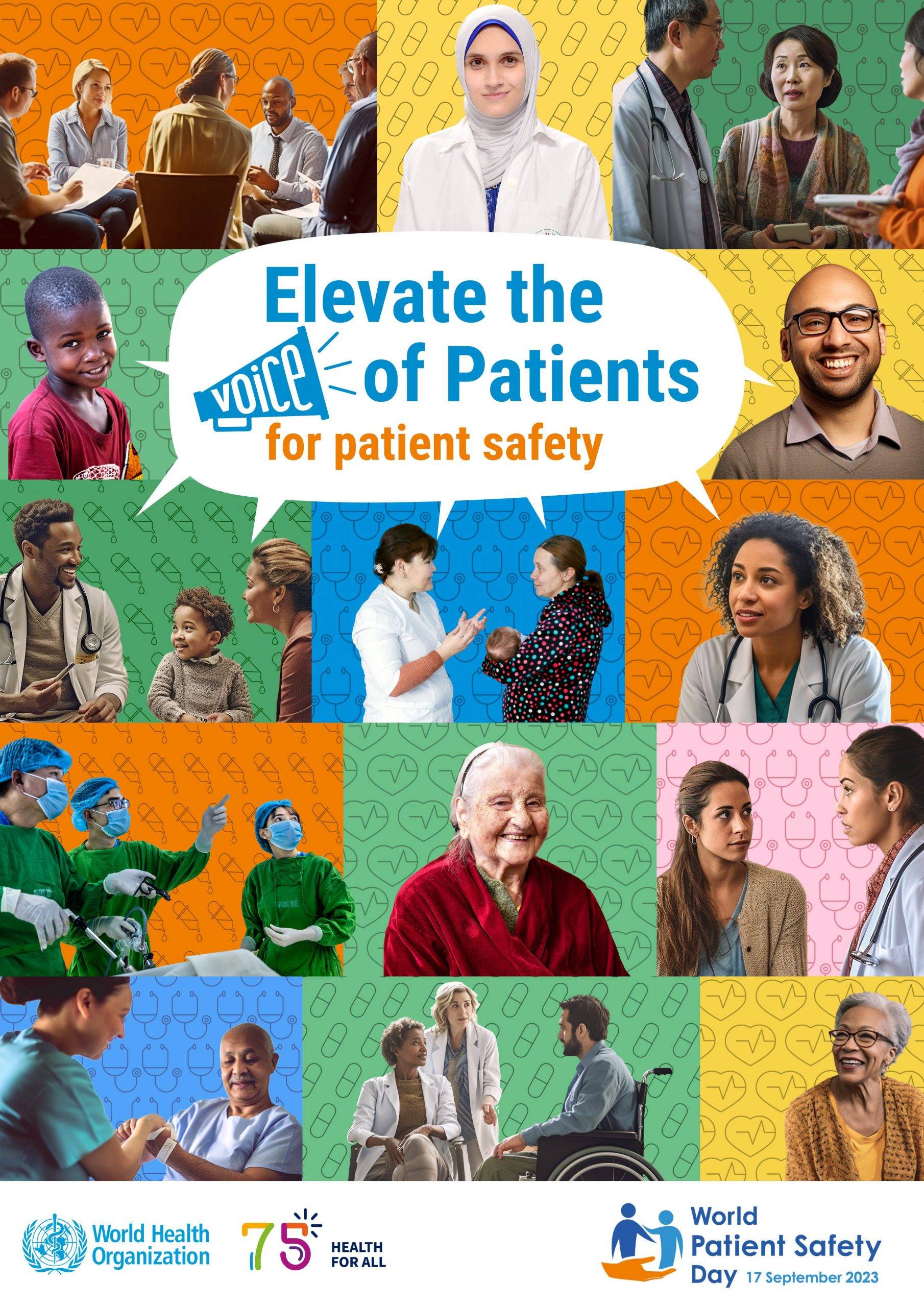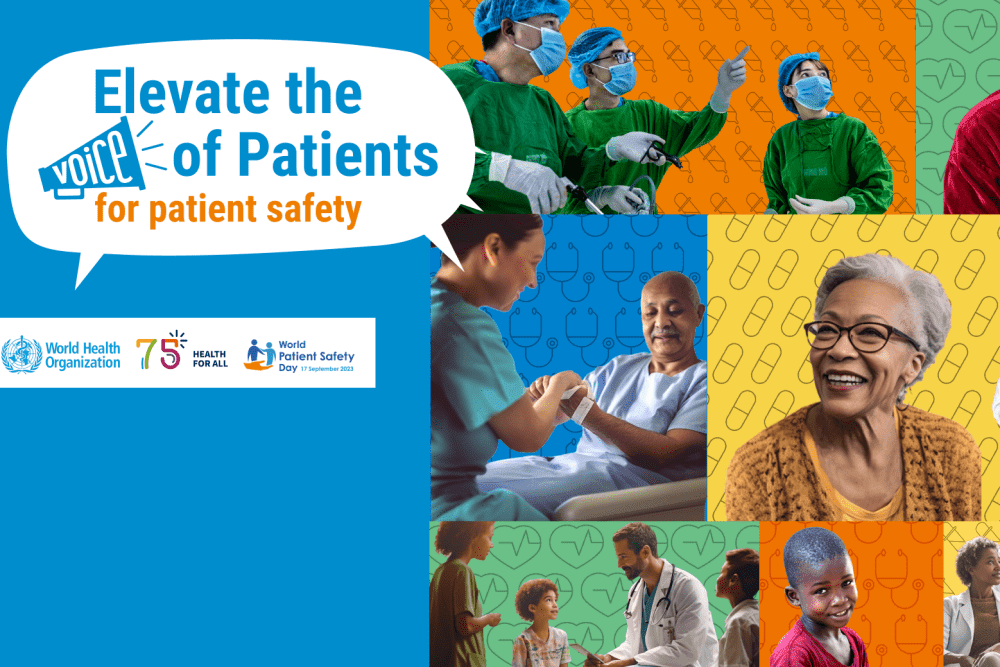Celebrated globally on this day, 17th September, World Patient Safety Day 2023 has a specific focus: “Elevate the Voice of Patients!”.
This is the fifth annual World Patient Safety Day. The World Health Organisation (WHO) has underlined the critical role that patients, families, and caregivers play in ensuring safer healthcare. The theme holds significant implications for Asia, given its complex and diverse healthcare landscape.
Why Patient Voice Matters
The WHO and various other studies have consistently shown that involving patients in their healthcare decisions leads to better safety measures, higher patient satisfaction, and improved health outcomes. This is a crucial point for countries in Asia, where the healthcare systems can range from highly advanced to in dire need of improvement.

Global Context, Asian Relevance
The WHO’s emphasis on patient engagement is part of a broader global strategy, set down in its Global Patient Safety Action Plan 2021-2030. Several countries in Asia, including Japan, South Korea, and Singapore, have already integrated patient safety into their national healthcare policies. Meanwhile, populous countries like India and China are increasingly prioritising this area, aligning with the Global Patient Safety Action Plan’s objectives.
Key Objectives: A Quick Recap
The WHO has outlined four primary goals for this year’s World Patient Safety Day:
- Raise awareness about the need for active patient involvement.
- Bring together stakeholders including policymakers, healthcare leaders, and civil society.
- Empower patients and their families in their own healthcare.
- Advocate for urgent actions aligned with the Global Patient Safety Action Plan.
Empirical Evidence
Empirical evidence is at the heart of any medical endeavour. Studies, including those published in peer-reviewed journals such as the British Medical Journal, show that actively engaged patients are less likely to experience medical errors. In Asian countries, where social norms can sometimes discourage questioning medical authority, this represents a significant paradigm shift.
The Bigger Picture: Systemic Benefits
Engaging patients doesn’t just benefit individual cases; it can transform entire healthcare systems. This perspective is well-articulated by Professor Don Berwic in the journal. He states that patients have “more information than just about anyone else in the system.”
Taking Action in Asia
This year’s theme resonates widely across Asia. For example, Japan has a history of patient safety initiatives and took this opportunity to conduct policy forums focusing on patient engagement. Meanwhile, countries with emerging economies like Indonesia also implement programmes to educate the public about the importance of participating in healthcare decisions.
Addressing Challenges
It’s important to note that certain challenges are unique to Asia. These include language barriers, diversity in healthcare practices, and, sometimes, a deeply-rooted respect for authority that may discourage questioning healthcare providers. These challenges make the objectives of World Patient Safety Day even more relevant and urgent for this region.
The COVID-19 Aftermath
In the wake of the COVID-19 pandemic, the healthcare system globally, and in Asia specifically, has faced unprecedented challenges. The importance of patient safety has become more apparent than ever. Therefore, this year’s World Patient Safety Day message is particularly timely.
Towards a Safer Future
As the world moves forward, the WHO’s Global Patient Safety Action Plan 2021–2030 serves as a roadmap for healthcare safety improvement. It’s not just about clinicians, administrators, or policymakers. The patient has a significant role in their safety, as this year’s theme, “Engaging patients for patient safety”, strongly emphasises.
In Conclusion
World Patient Safety Day 2023’s message has a lasting impact. The call to “Elevate the Voice of Patients!” serves as a potent reminder of the direction in which healthcare must move. One where the patient is not just a recipient of care but an active, engaged member of the healthcare team.
For further details, please contact [email protected].

